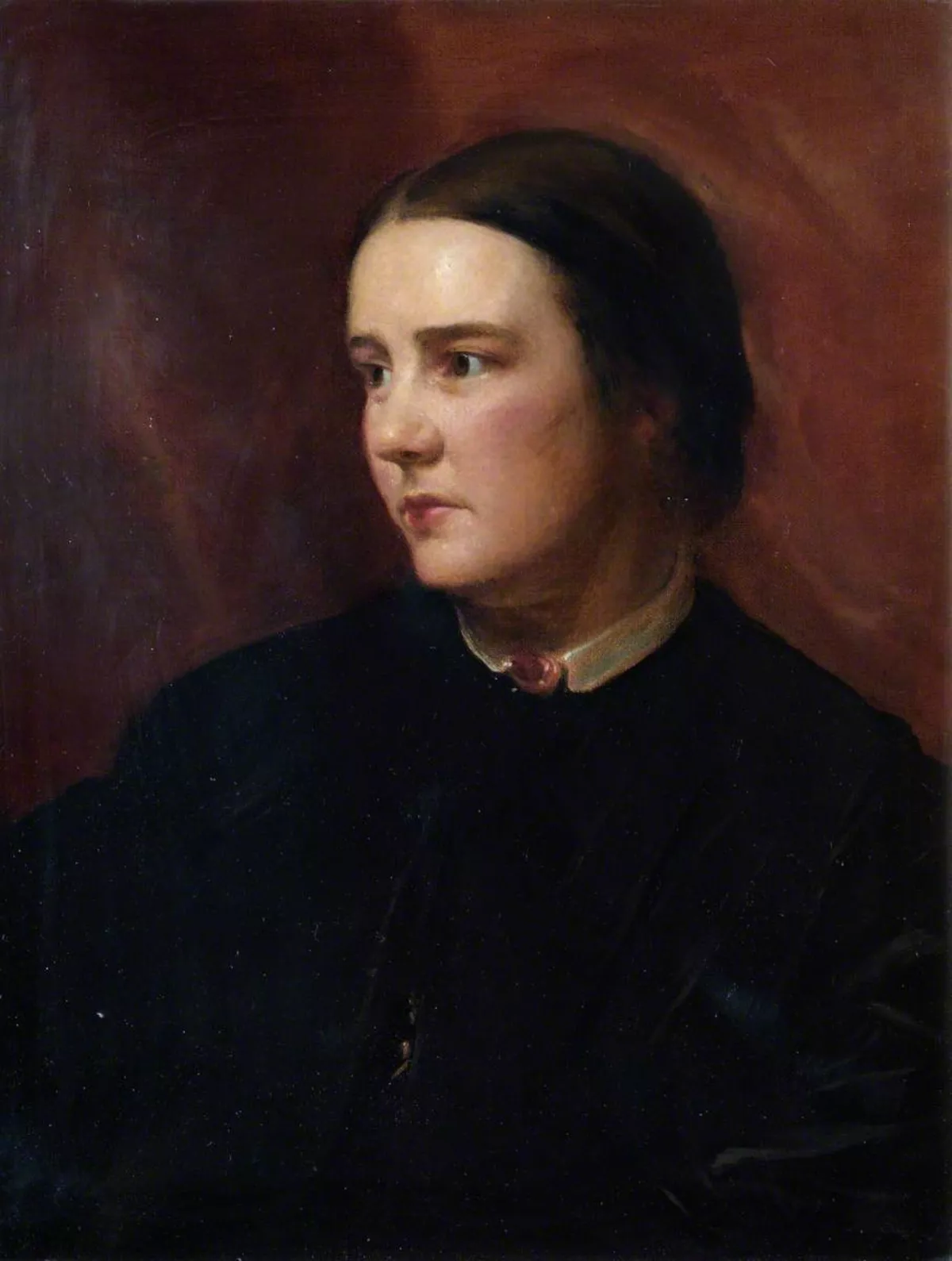 1.
1. Sophia Louisa Jex-Blake was an English physician, teacher, and feminist.

 1.
1. Sophia Louisa Jex-Blake was an English physician, teacher, and feminist.
Sophia Jex-Blake led the campaign to secure women access to a university education, when six other women and she, collectively known as the Edinburgh Seven, began studying medicine at the University of Edinburgh in 1869.
Sophia Jex-Blake was the first practising female doctor in Scotland, and one of the first in the wider United Kingdom of Great Britain and Ireland; a leading campaigner for medical education for women, she was involved in founding two medical schools for women, in London and Edinburgh, at a time when no other medical schools were training women.
Sophia Jex-Blake was born at 3 Croft Place Hastings, England, on 21 January 1840, daughter of retired lawyer Thomas Jex-Blake, a proctor of Doctors' Commons, and Mary Jex-Blake.
Sophia Jex-Blake's brother was Thomas Jex-Blake, future Dean of Wells Cathedral, and father of Katharine Jex-Blake, classicist and Mistress of Girton College, Cambridge.
Sophia Jex-Blake attended various private schools in southern England, and in 1858, enrolled at Queen's College, London, despite her parents' objections.
Sophia Jex-Blake worked without pay; her family did not expect their daughter to earn a living, and her father refused her permission to accept a salary.
In 1865, once the Civil War was over, Sophia Jex-Blake travelled to the United States to learn more about women's education.
Sophia Jex-Blake visited various schools, was strongly influenced by developments in co-education in the US, and later published A Visit to Some American Schools and Colleges.
Sophia Jex-Blake argued that no objective proof existed of women's intellectual inferiority to men.
Sophia Jex-Blake said that the matter could easily be tested by granting women "a fair field and no favour" - teaching them as men were taught and subjecting them to the same examinations.
Sophia Jex-Blake was determined to seek medical training in the UK, and due to Scotland's more enlightened attitudes towards education, felt that if any university would allow women to study, it would be a Scottish one.
Sophia Jex-Blake applied to study medicine at the University of Edinburgh in March 1869, and although the medical faculty and the senatus academus voted in favour of allowing her to study medicine, the university court rejected her application on the grounds that the university could not make the necessary arrangements "in the interest of one lady".
Sophia Jex-Blake then advertised in The Scotsman and other national newspapers for more women to join her.
Sophia Jex-Blake wrote in one of her letters to her great friend Lucy Sewall:.
Dr Sophia Jex-Blake has made the greatest of all contributions to the end attained.
In 1874, Sophia Jex-Blake helped establish the London School of Medicine for Women, which became the Royal Free Hospital School of Medicine for Women, but continued campaigning and studying.
The first organisation to take advantage of this new legislation was the Royal College of Physicians of Ireland, but before Sophia Jex-Blake applied to them, she passed the medical exams at the University of Berne, where she was awarded a medical doctorate in January 1877.
Sophia Jex-Blake returned to Edinburgh, where she leased a house at 4 Manor Place, and in June 1878 put up her brass plate; Edinburgh had its first woman doctor.
An acrimonious split emerged, with her students culminating in an infamous court case in 1889, where Sophia Jex-Blake was successfully sued for damages.
Sophia Jex-Blake's school came to an effective end in 1892, when the University of Edinburgh began taking female students.
Sophia Jex-Blake lived and conducted her practice for 16 years in the house known as Bruntsfield Lodge on Whitehouse Loan.
Sophia Jex-Blake is assumed to have been in a romantic relationship with Dr Margaret Todd.
Sophia Jex-Blake's home became a meeting place for former students and colleagues, and she welcomed writers and acquaintances from the world over.
Sophia Jex-Blake died at Windydene on 7 January 1912, at age 71, and is buried at St Denys Rotherfield.